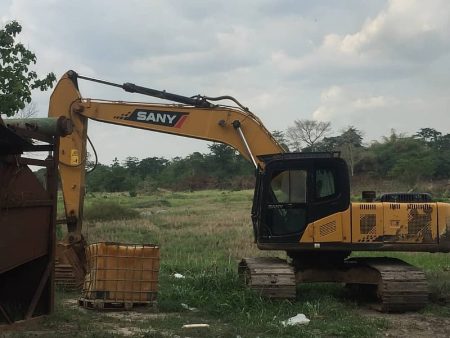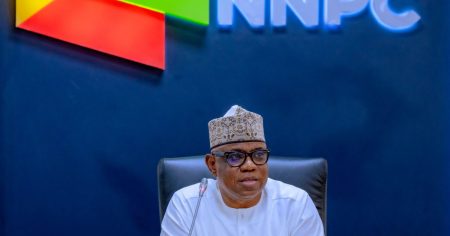The Ghanaian government is embarking on an ambitious nationwide initiative, the Feed Ghana Programme, aimed at revolutionizing the agricultural sector and bolstering food security. This flagship program, a key component of the National Democratic Congress’s manifesto, seeks to drastically reduce the country’s reliance on food imports, currently exceeding $2 billion annually, while simultaneously creating employment opportunities and stimulating economic growth. The program’s official launch is scheduled for April 11, 2025, in Techiman, Bono East Region, with President John Dramani Mahama presiding over the inauguration. The initiative calls for a collective national effort, encouraging individuals, institutions, schools, churches, and local assemblies to actively participate in achieving food self-sufficiency and transforming agriculture into a driving force for economic revitalization.
The Feed Ghana Programme is multifaceted, incorporating several key initiatives designed to modernize and strengthen the agricultural sector. Central to the program is the establishment of Farm Service Centres in every district across the country. These centers will serve as hubs for farmers and other stakeholders to access essential agricultural inputs, including fertilizers, improved seeds, and expert advice from extension services. This will empower farmers with the resources and knowledge needed to enhance productivity and adopt modern farming practices. Furthermore, the program envisions the creation of Farm Banks within agricultural zones to facilitate access to land and crucial irrigation services, addressing critical bottlenecks in agricultural development.
The program’s scope extends beyond basic input provision, encompassing targeted interventions for specific agricultural sub-sectors. The Grains and Legumes Development Initiative aims to boost the production of staple crops, while the Vegetable Development Project focuses on increasing the availability and affordability of nutritious vegetables. Recognizing the importance of protein sources, the ‘Poultry Farm to Table’ Project seeks to enhance poultry production and ensure a consistent supply of poultry products to consumers. These initiatives are complemented by the Livestock Development Programme and the Oil Palm Industry Development, which target the diversification of agricultural production and the development of high-value crops.
A crucial aspect of the Feed Ghana Programme is the development of agro-production enclaves. These strategically located zones will be equipped with essential infrastructure, including irrigation systems, access roads, and warehousing facilities. This integrated approach aims to create conducive environments for large-scale agricultural production, facilitating efficient transportation of produce to markets and minimizing post-harvest losses. The program’s comprehensive approach also includes the establishment of a robust governance structure, with a National Oversight Committee providing strategic direction and a Technical Implementation Committee offering technical expertise to ensure the program’s successful execution.
The anticipated impact of the Feed Ghana Programme is far-reaching. By significantly boosting domestic food production, the initiative is expected to reduce the cost of living for Ghanaians, making essential food items more affordable. The increased agricultural output will also generate revenue for the government, providing resources for further investment in the agricultural sector and other critical areas of development. The program’s focus on job creation is expected to provide employment opportunities across the agricultural value chain, from farming and processing to transportation and marketing. This will not only improve livelihoods but also contribute to overall economic growth and reduce unemployment.
The Minister of Food and Agriculture, Mr. Eric Opoku, has emphasized the importance of national participation in the Feed Ghana Programme, calling on all Ghanaians to embrace the initiative as a vehicle for economic transformation. He stressed that the program’s success hinges on collective action and urged all stakeholders, including individuals, institutions, and businesses, to actively engage and contribute to its implementation. The government views the Feed Ghana Programme as a pivotal step towards achieving food security, creating a prosperous agricultural sector, and building a more resilient and self-reliant economy. The program embodies a vision of a Ghana that not only feeds its own people but also leverages its agricultural potential to become a significant player in regional and global food markets.














